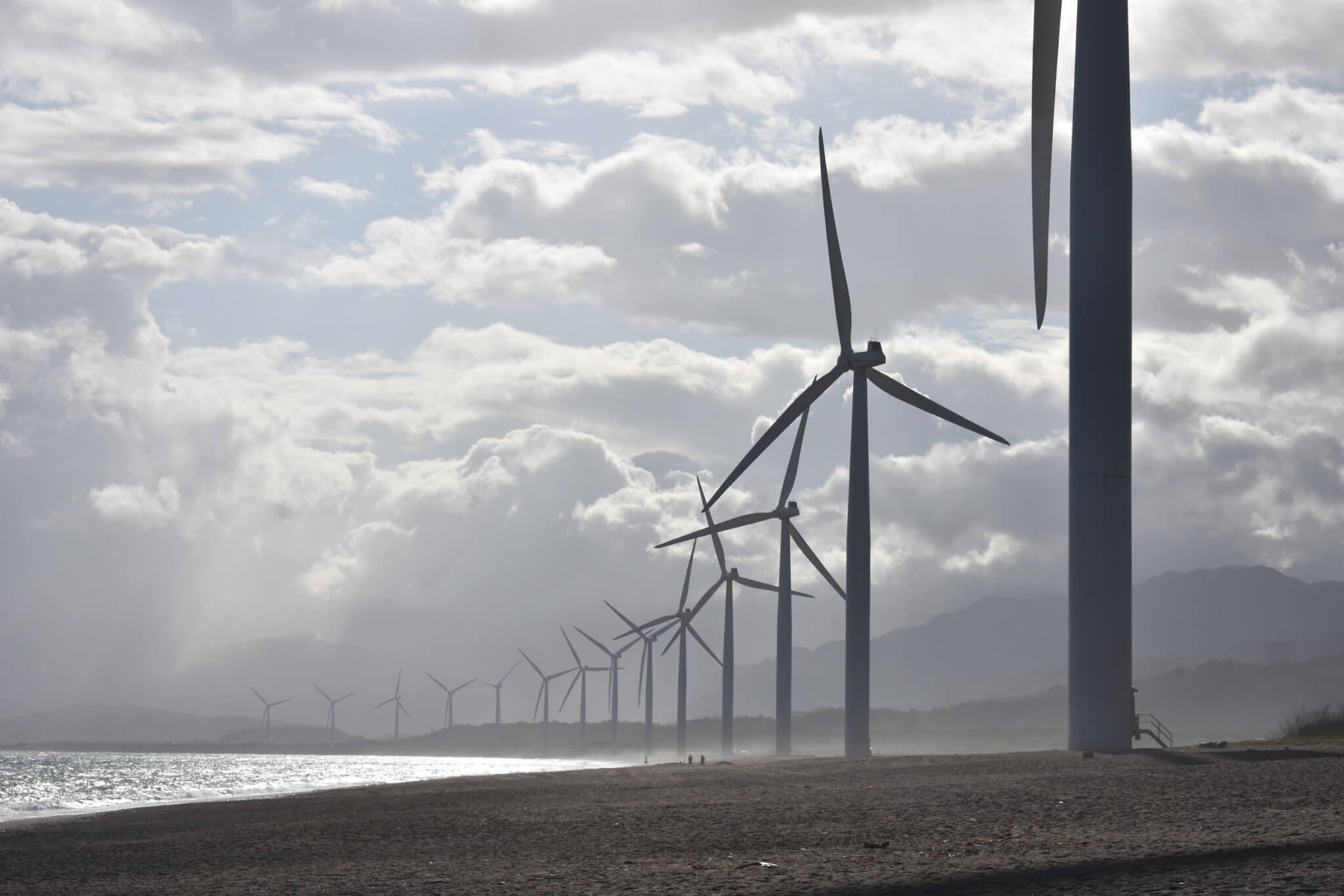Position of the Association: where do the auction risks lies?
The new model of the renewable energy auctions for developers has been considered as a risky solution by the Lithuanian Wind Power Association from the very beginning of the discussions until the time of its approval. The challenges it sets are complex: high demands will be placed on the energy producers, while the incentives are relatively low, and there is a lack of regulations for projects to develop based on power purchase agreements. These are seen as significant risks by the developers and will further increase the prices of the projects.
The challenges faced by the developers of wind energy projects are of different character. First of all, they will have to cover 100 percent of the costs of a connection to the grid, while the electricity generated will be traded on the spot market and will carry the risks associated with price fluctuations in the market. Producers will also bear the responsibility and cost of balancing – in other words, they will have an obligation to pay for inaccuracies in the production forecasts by purchasing the required energy in the balancing market or by entering into contracts with the companies that provide these services. At the same time, they are obliged to build only new turbines and face an obligation to produce at least 80 percent of the agreed amount of electricity, or else they will face penalties.
All of this means that the maximum price of 3.86 EUR/MWh set by the National Control Commission for Prices and Energy – a premium to the market price in the September auction – may prove to be too small to offset the risks. In this way, the producers may remain unprotected from the low market price risks, although it is in fact the growing generation of electricity in wind parks that has an impact on the price reductions. However, no other incentives, except for the aforementioned premium and a grid connection priority , are set in the Law.
It may also be difficult for market-based projects to be implemented. In order to have market-based subsidy-free projects, it is very important to create conditions for conclusion of power purchase agreements (PPAs). For this to happen, administrative barriers needs to be removed, both legal regulations and financial incentives for electricity consumers to enter into direct contracts have to be placed, as well as the possibility for the producers to receive Guarantees of Origin, which, under current reglamentation, are not issued to producers, who win the auctions.
To summarise the abovementioned arguments, the developers are lacking a favourable investment environment, at the same time facing high demands and risks. If the aution fails, this could lead to significant challenges in implementing the National Energy Independence Strategy and the goals set on local generation from renewable sources.
Post a comment
You must be logged in to post a comment.


